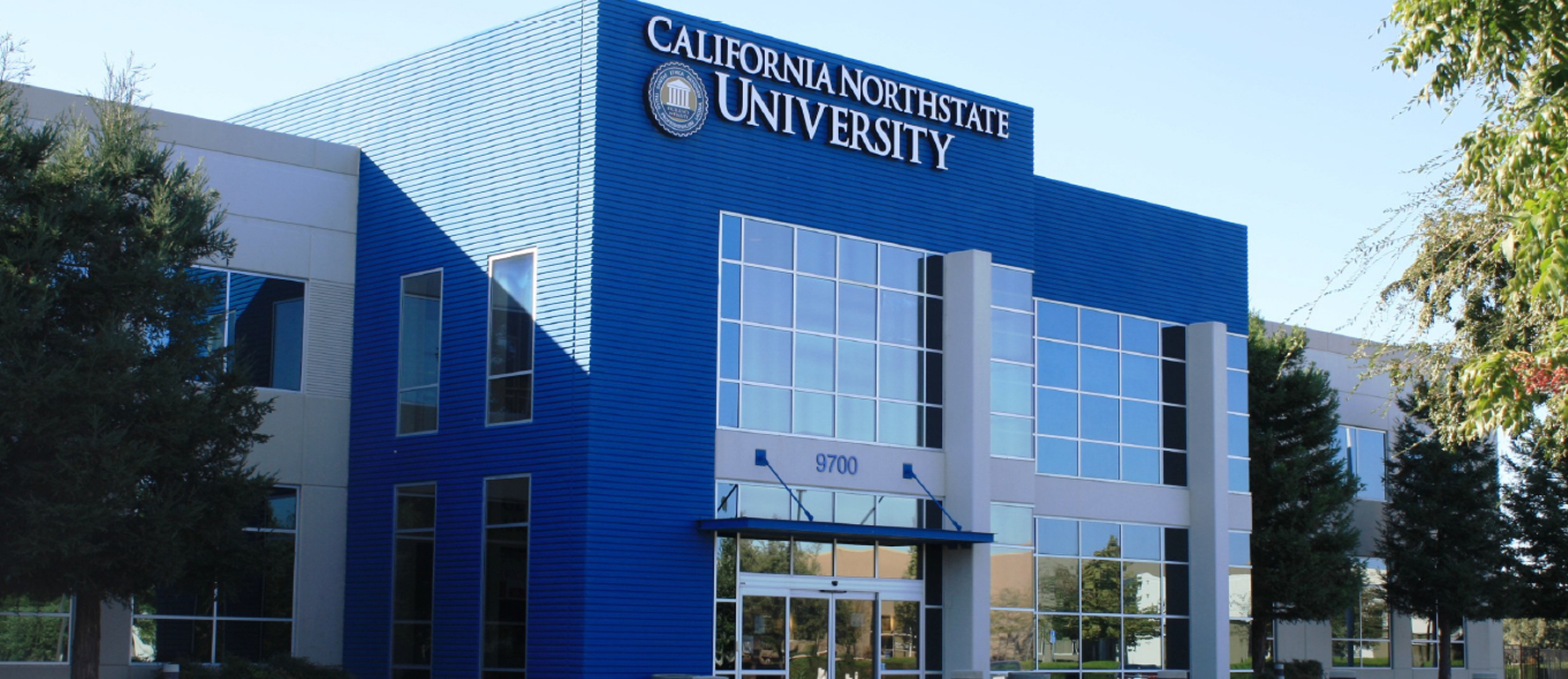Our Mission
To advance the art and science of medicine through education, service, scholarship, and social accountability.
Our Core Values
- Excellence in Medical Care
- Professionalism
- Ethics
- Compassion
- Social Accountability
- Innovation

About Us
California Northstate University College of Medicine (CNUCOM) gained preliminary accreditation in June 2015 and provisional accreditation in June 2019 by the Liaison Committee on Medical Education.
The College of Medicine offers a Doctor of Medicine (MD) program. The College of Medicine (COM) is committed to meet the nation’s need for physicians with an emphasis on training in primary care with social accountability.
CNUCOM is dedicated to educating students to become competent, patient-centered healthcare professionals. Education is provided using an innovative, integrated, clinical presentation based curriculum. The graduates of CNUCOM will have the knowledge and skills to perform as a physician and to work in a multi professional environment. The graduates will be well prepared to meet the health and medical challenges in the 21st century.
As a result of several recent publications and studies which indicated the need for an increase in the number of primary care physicians trained in California, senior operations staff at the College of Pharmacy began discussions for a new medical school in the greater Sacramento area early in the spring of 2010. With recent federal health care initiatives in combination with the needs of the aging baby-boomer population, primary care physicians are seeing everincreasing patient loads. It was also recognized that as a result of the financial crisis facing California, the State has been unable to increase the number of medical students trained within the State. CNUCOM will directly help the primary care physician shortage in California.
It is the goal of the University to create life-long learners that are trained to serve the community as leaders in health care science, education, and research. With this goal in mind, senior University officials have developed a strategic plan that addresses education, partnership, and scholarship.
Much of the preliminary design of the structure of the College of Medicine and its curriculum was in place by June/July 2011. As part of this process, community leaders in medicine within the Sacramento Valley were engaged in a series of meetings to plan the outlines and address the key issues to be covered within the medical school curriculum. This core group established broad outlines of the curriculum and structure of the College of Medicine and also served as members of the Institutional Self-Study Task Force. They were visionary and demanded that this new school stress areas of training frequently ignored or understated by many medical schools. Many members brought 20-30 years of experience in direct medical practice in the highly competitive Sacramento region to provide insight on how to best train future physicians. They noted that our nation is poised to institute new schemes for providing universal health care to its citizens and, at the same time, provide care that is high quality, cost-effective, and evidence-based.
Given disparities in access to healthcare services in the U.S. and the entry of more patients into the healthcare system with the recent introduction of the Affordable Care Act, there is a widely recognized need for more healthcare workers and biomedical professionals. Likewise, strong local demand for undergraduate education in health sciences by California high school graduates necessitates the creation of additional programs in this area. These factors have combined to support the creation of a third college at CNU that will educate students qualified for admission to postbaccalaureate schools seeking to pursue health sciences careers. Thus, the creation of the College of Health Sciences’ Bachelor of Science degree program aligns with CNU’s mission, purpose and strategic intent, “To advance the science and art of healthcare.”